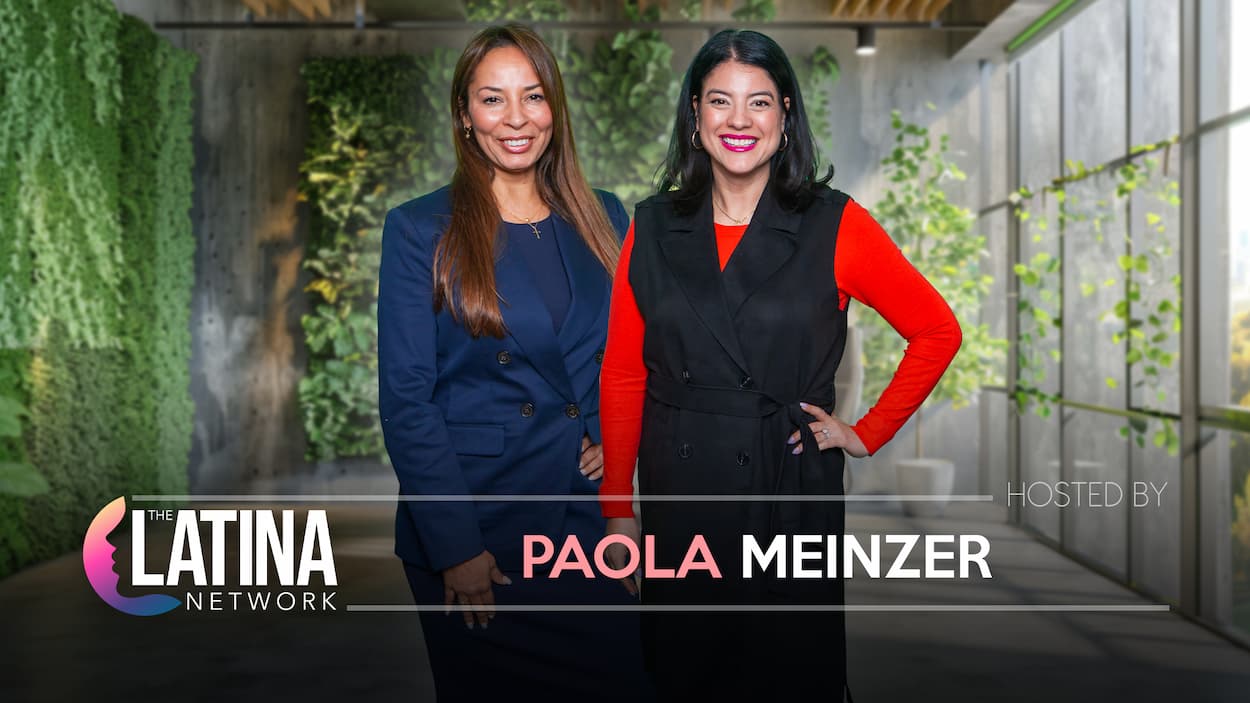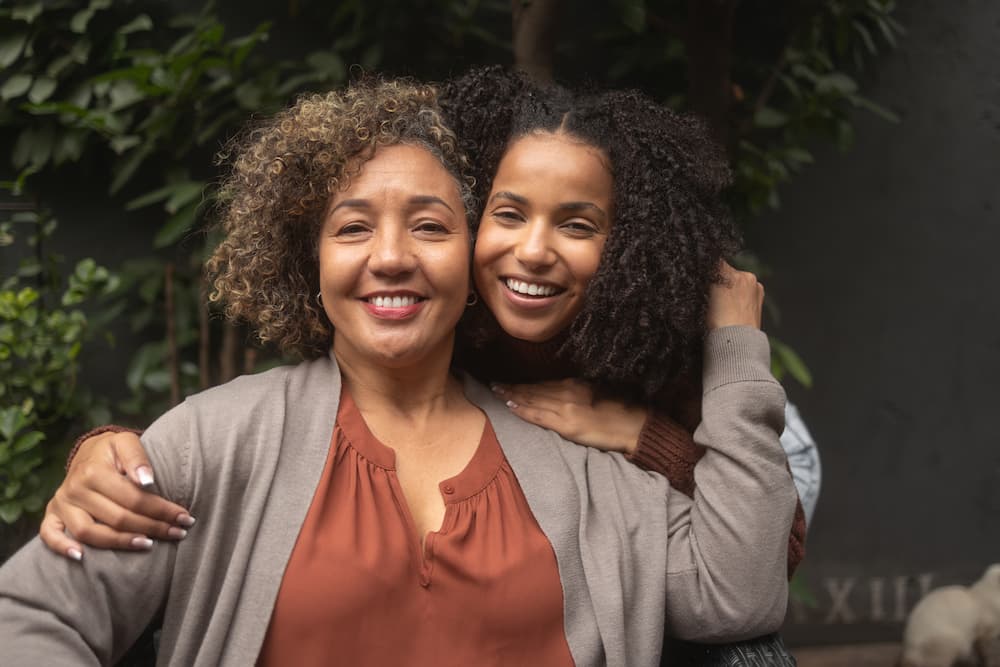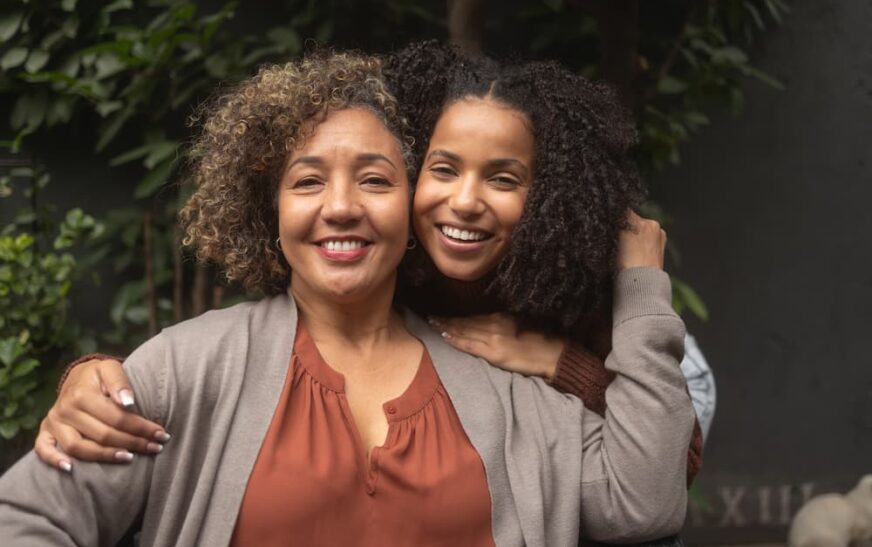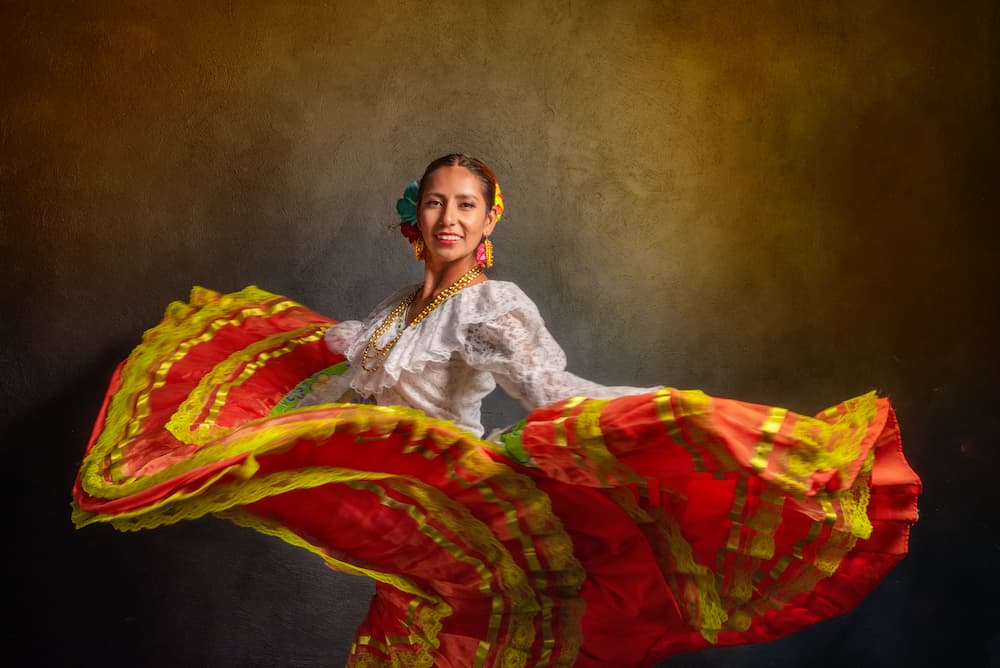In our homes, language has always been more than communication. It is memory, rhythm, and survival. Spanish carries the voices of abuelas whose prayers and lullabies shaped us before we understood their words. English holds the weight of classrooms, jobs, and institutions that told us it was the language of progress. And somewhere in between, Spanglish emerged—not as confusion, but as creativity, a space where both worlds coexist without apology.
For Latinas, language is identity. It is how we place ourselves in family, in community, in country. But it is also where tensions live. Many of us have felt the sting of being told our Spanish is not “good enough,” or that our English is marked by an accent that betrays where we come from. Some of us grew up discouraged from speaking Spanish at all, told it would hold us back. Others were teased for preferring English, accused of letting go of heritage. These contradictions reveal the truth: language is never neutral. It is political, emotional, and deeply personal.
Generations often carry language differently. For immigrant parents, Spanish is home, the last piece of a country left behind. For children, English can become the bridge to opportunity, the key to navigating systems their parents never had access to. Between them lies a gap: conversations that stumble, words lost in translation, love that is felt but not always spoken in the same tongue. Yet even in the gaps, there is beauty. A mother correcting her child’s grammar in Spanish is an act of preservation. A child helping her father with an English form is an act of care. Language, even when imperfect, binds us together.

Spanglish, too, tells its own story. What outsiders dismiss as broken speech is, in reality, invention. It reflects the reality of borderlands, of cities where cultures overlap, of families who move fluidly between worlds. To speak Spanglish is to say: I belong in both places. I do not have to choose. It is code-switching not out of shame, but out of fluency in complexity. It is identity in motion.
Professionally, language shapes perception and power. Latinas in boardrooms often feel pressure to mute accents or abandon Spanish entirely, fearing that speaking it will undermine authority. Yet more and more leaders are rejecting that pressure, choosing instead to leverage bilingualism as an asset. Speaking both Spanish and English fluently is not just personal—it is economic power, opening access to global markets, diverse teams, and communities that others cannot reach. Even those of us who are still learning, reclaiming, or piecing language together carry value in the effort itself. Every word spoken in Spanish in a public space is an act of resistance against erasure.
What matters most is not whether our Spanish is perfect or our English is flawless, but that we recognize language as part of our inheritance and our evolution. It is fluid. It adapts. It changes across generations, across borders, across lives. And that evolution is not a loss—it is proof of resilience.

We must resist the idea that speaking more English means less Latina, or that imperfect Spanish makes us inauthentic. Identity is not graded by grammar. It is lived in the choices we make, the stories we tell, the communities we build. Language is one of the ways we express who we are, but it is not the only one. What defines us is the pride we take in carrying forward what was given to us, and the creativity we bring in making it our own.
So let us celebrate the fullness of our voices—whether in Spanish, in English, or in the spaces in between. Let us teach our children that both can coexist, and that neither makes them less. Let us honor abuelas who never spoke English, and applaud Latinas who reclaim Spanish as adults. Let us normalize accents, code-switching, and the fluidity of expression. Because language is not static. It moves with us, it grows with us, it evolves with us.
Language is identity. And for Latinas, identity has never been fixed—it has always been expansive. We are not confined to one tongue, one rhythm, one way of speaking. We carry all of it. And that, more than anything, is our strength.












